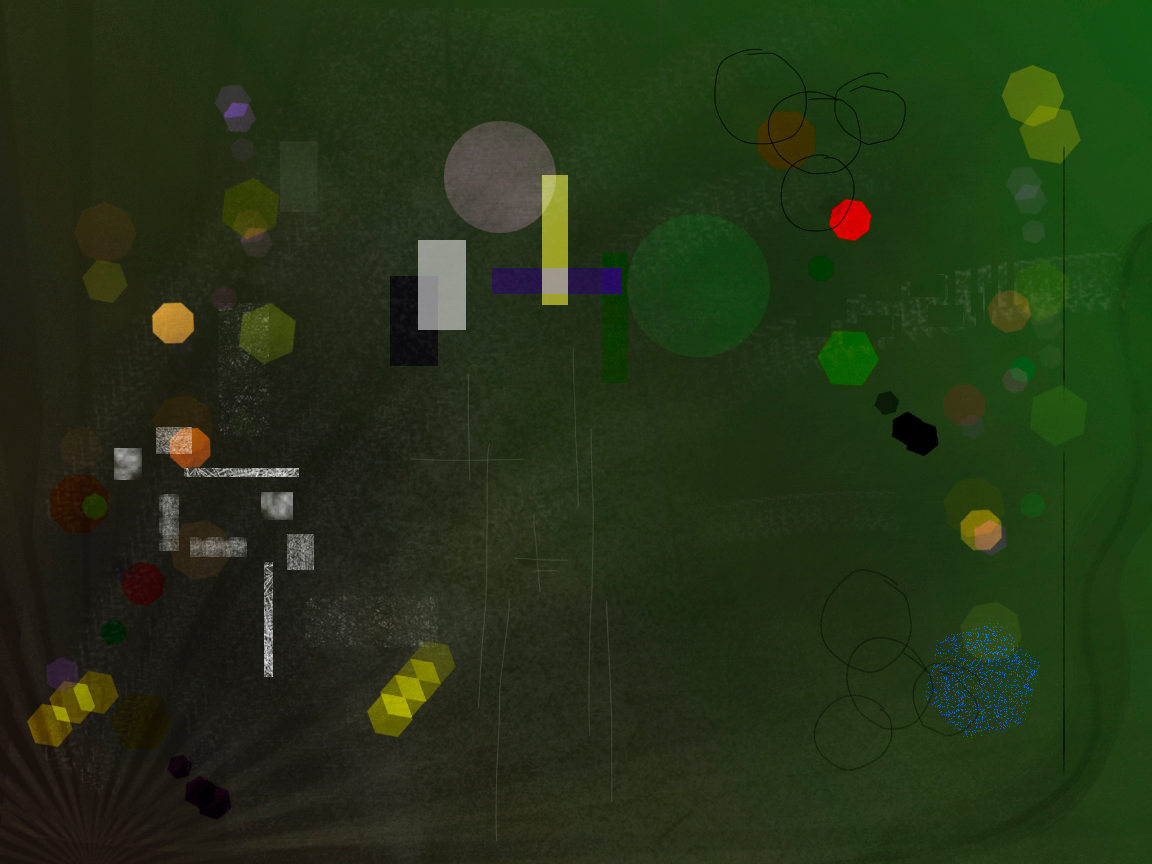(May 26, 2019)
Time is the emergence of difference, full equality is therefore the absence of time. Without difference of place (geometry) or qualitative difference, time does not exist. Neither in a logical sense nor for our perception.
But the simple difference is not enough to make temporality “emerge”, another element is needed: proportionality. And this arises from a simple intuition, which thus becomes an essential mode of knowledge. Simple intuition freed from culturalized resources of all kinds allows us to access essential phenomena in the grasp of our reality.
But the intuition of proportionality is prior to any formed knowledge.
For example, when listening to a musical melody, we have the full perception of proportionality. Not only in the orderly and “at time” succession of each note, but also in its harmony (proportion in the vibrations of the air, that is, the musical tones).
This intuitively grasped order is not due, and this is my hypothesis, to the fact that we have in our perceptive capacities something like an internal metronome, nor a perfect ruler to measure proportions. But it is because the “proportion itself”, non-existent a priori, creates reality itself, giving it entity and making it emerge.
The experience of the musical melody itself is the experience of time itself, the enjoyment we experience with it is the enjoyment of “feeling” time as it passes, having the experience of temporality is what gives us aesthetic enjoyment. Being aware of one’s own time: that would be the pleasure of music.
Because otherwise we would have to follow a “culturized” path to explain why we instantly “understand” that some sounds are in order according to an exact temporal succession, and that also the sounds in the air vibrate in concrete and exact proportions: the harmonies.
All of this would have to be “analyzed” by the brain instantly and we are, at last, transferring the analogy of a calculator to our consciousness, as if the calculator had existed first and then consciousness. As if we were essentially a complicated computer.
Does the appearance of proportionality give intelligibility to the real? Intensity? What I am trying to say is that the experience of proportionality is prior to and independent of its own verification, and in the case of time we have access to its experience through it, then ¿to the experience of space do we have access through geometric proportionality?
We have developed geometry or built calculating machines to carry out what consciousness “intuits” in reality from the beginning. Machines have to act on matter just like our body, but they imitate “intuitions” (I call them that for lack of a better name), which self-consciousness possesses.
If the simple auditory succession of a rhythm makes time “emerge” for us, what other successions or forms will open up other dimensions of reality for us?
In short, what I am saying, for example, is that before geometry itself, space did not exist. But at the same time, consciousness did not need it to perceive, for example, a harmonious physical form or equality in its proportions.
As in a visual hallucination, reality shows us its infinite variety of proportions, lights, colors and shapes in an endless dance. The ear can also be given those auditory sensations of infinite proportionality through a construction of experimental, electronic and to a certain extent harmonic music.
Both experiences reveal to us the conformation of reality through its infinite proportionality.
With touch, with the fingers, we can also perceive proportionality and succession, touching an ordered row of things with our eyes closed, in order, we can have that same perception of proportion and also succession , without having to use sight or hearing. Have access to crystallization of difference and proportionality, that is, time.
Although the knowability of the real seems to go hand in hand with a certain possibility of the vision, in a certain way the infinite is not known because it cannot be “seen”, “encompassed” in our knowledge as “vision”.
The knowable is the graspable, what makes us trust in our capacities for knowledge is the idea that we can always “reduce” the totality of being in such a way that we make it “graspable” for our understanding, even for our sight.
